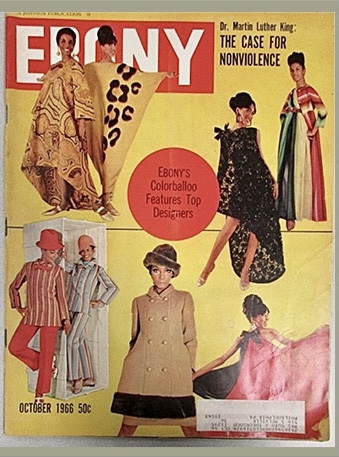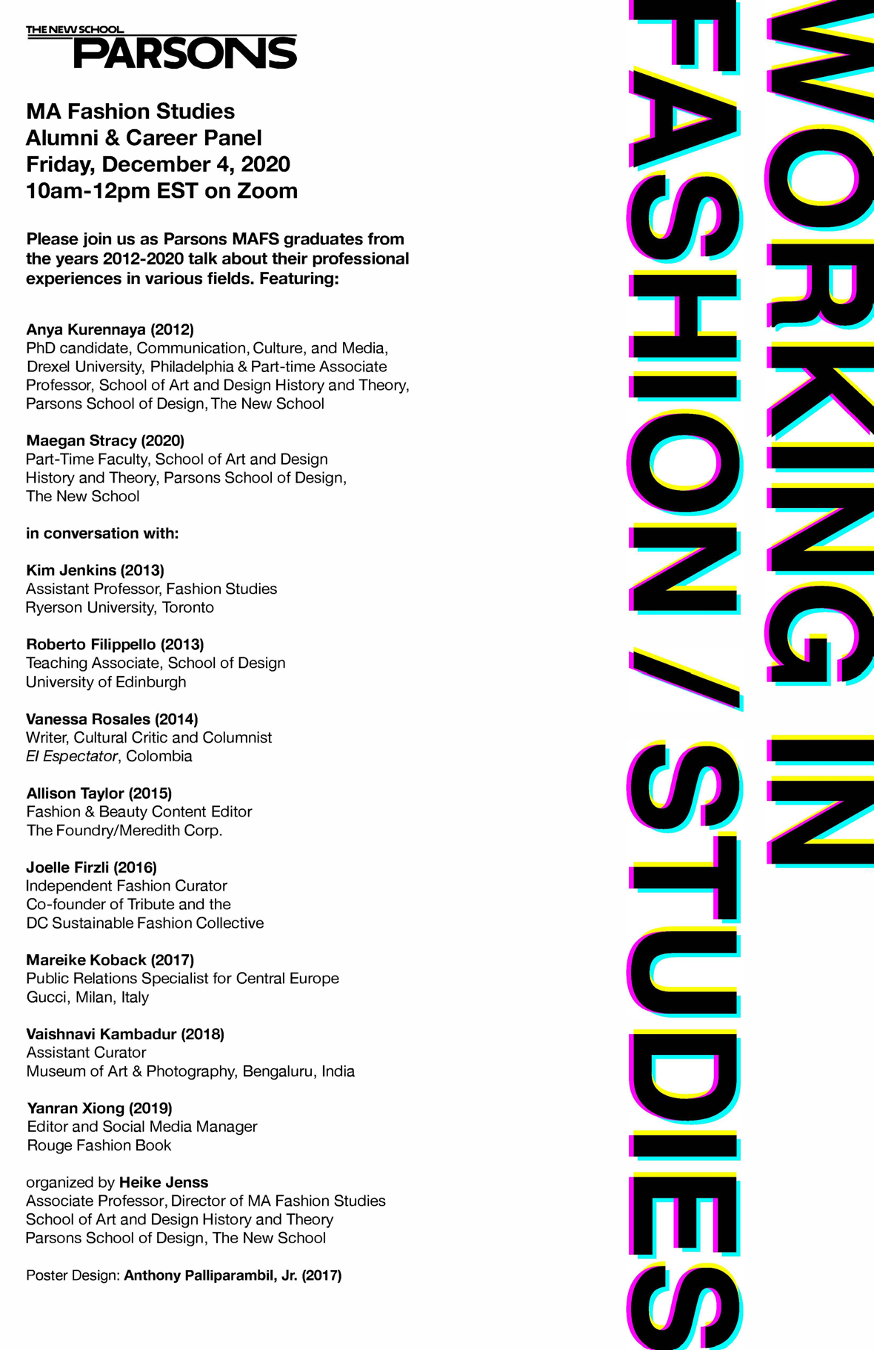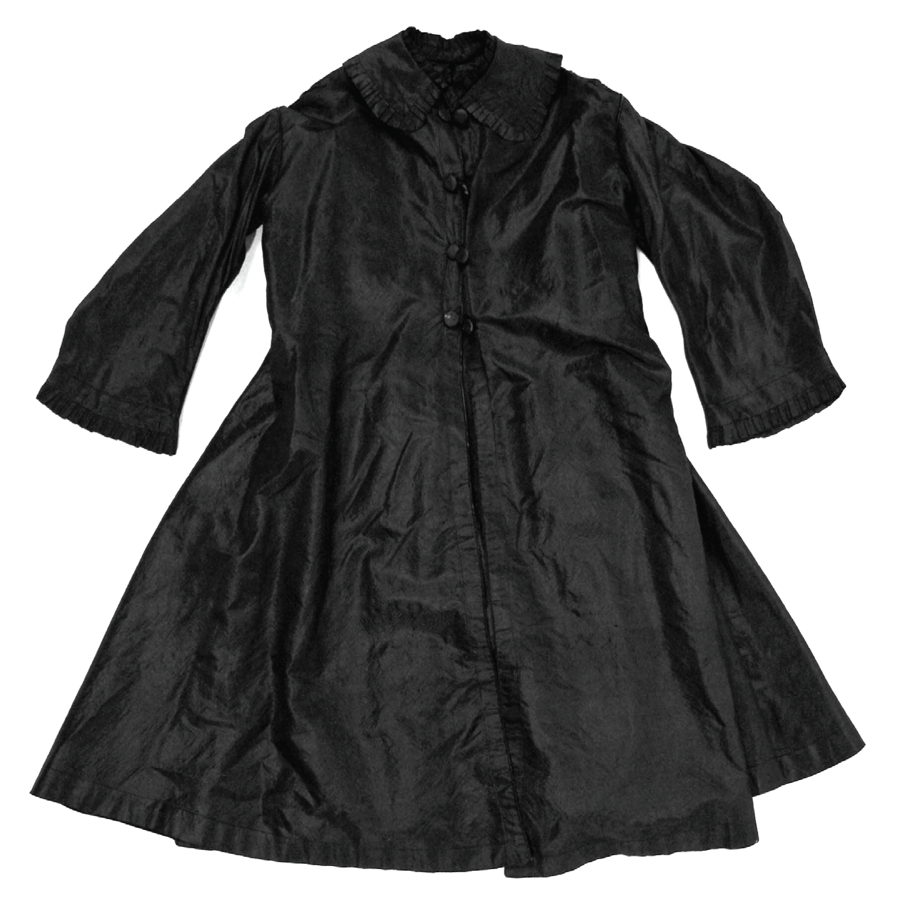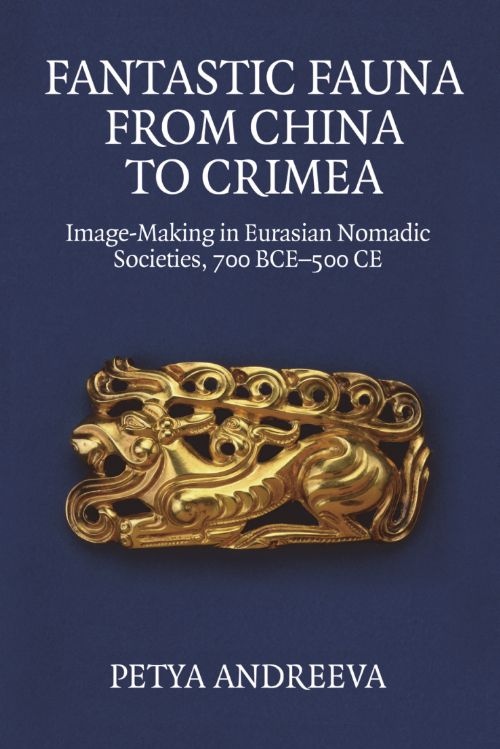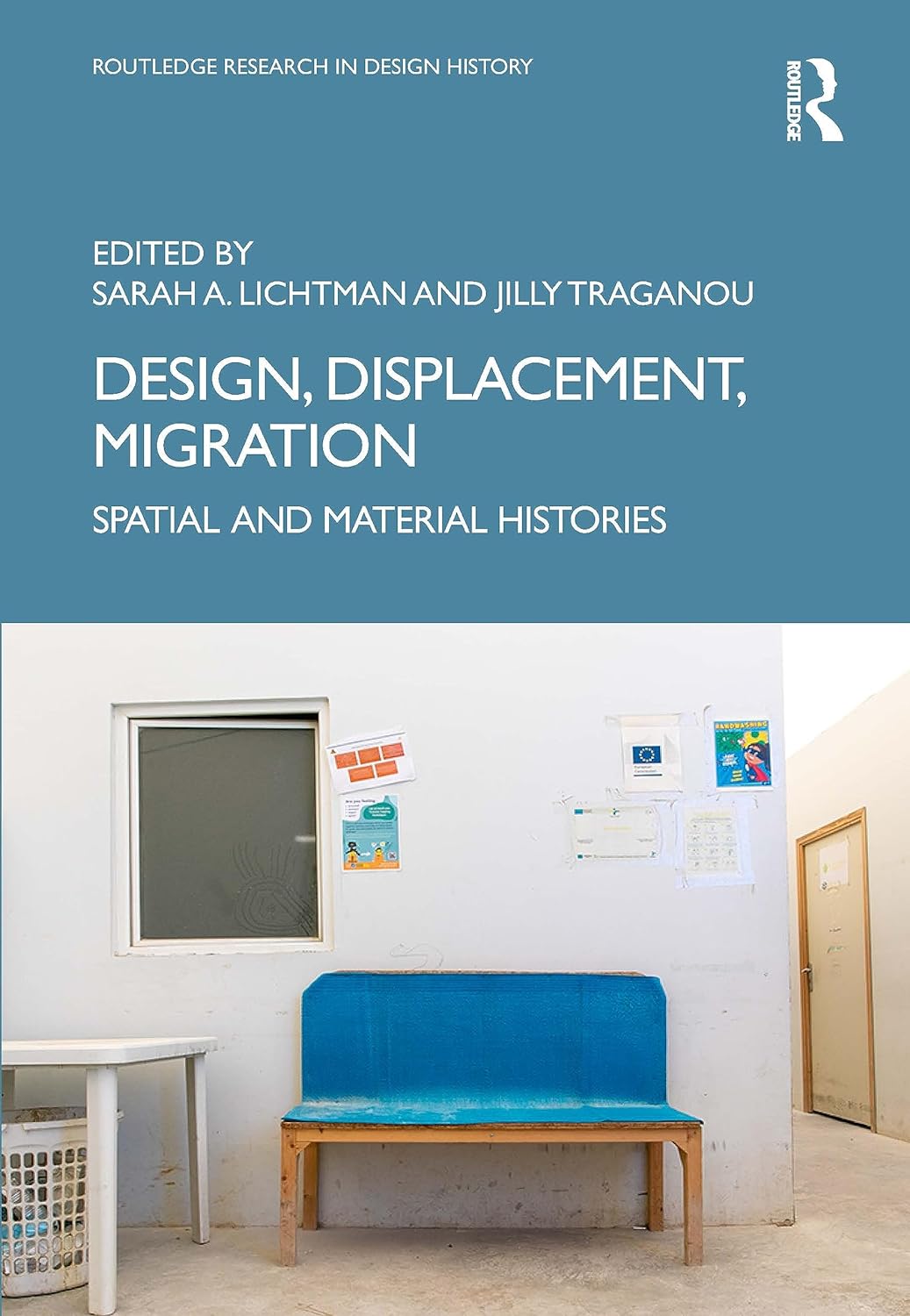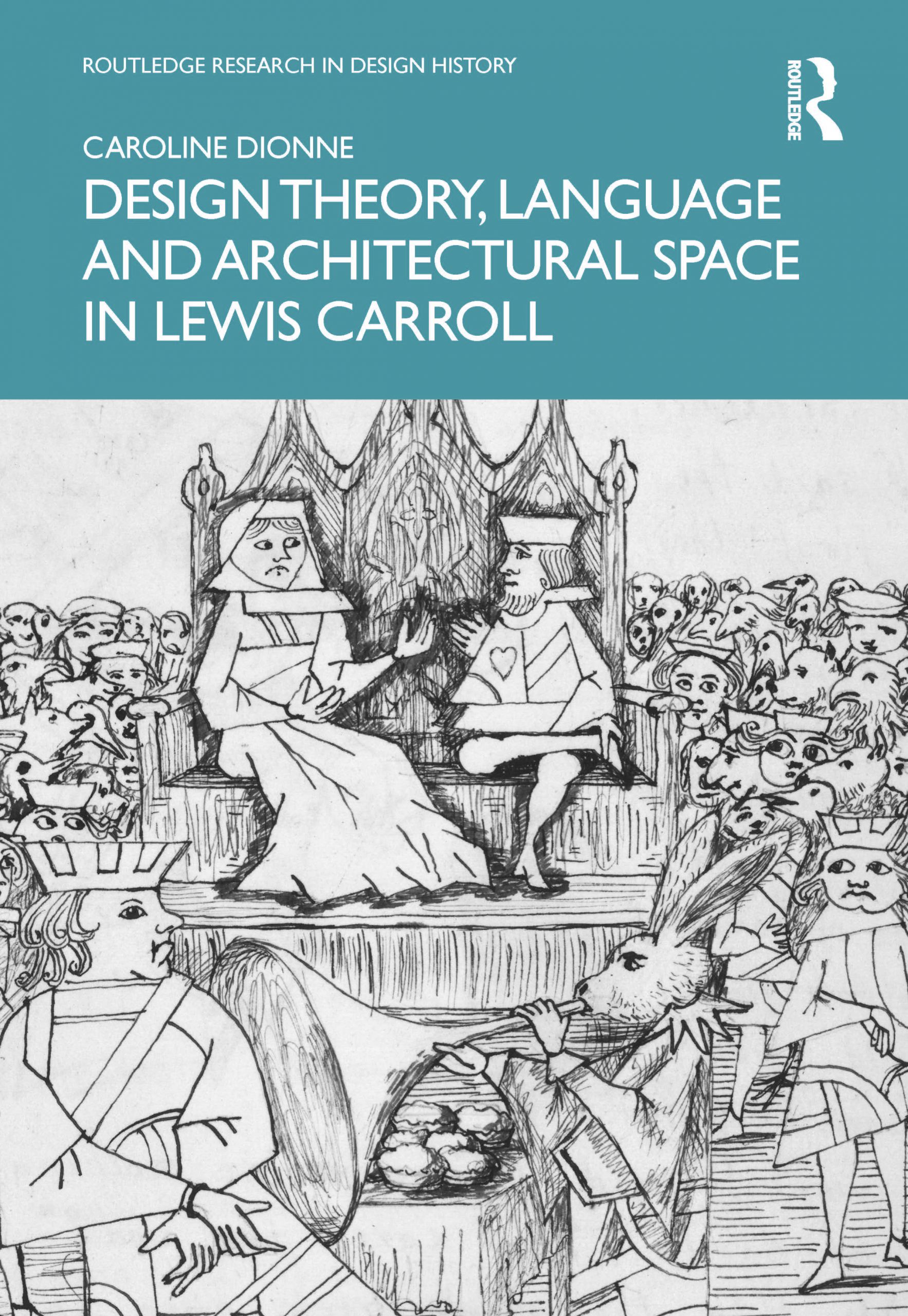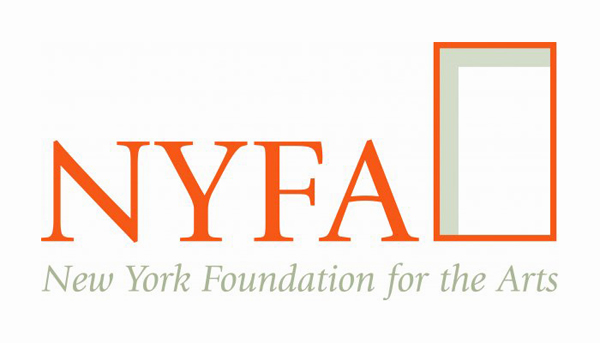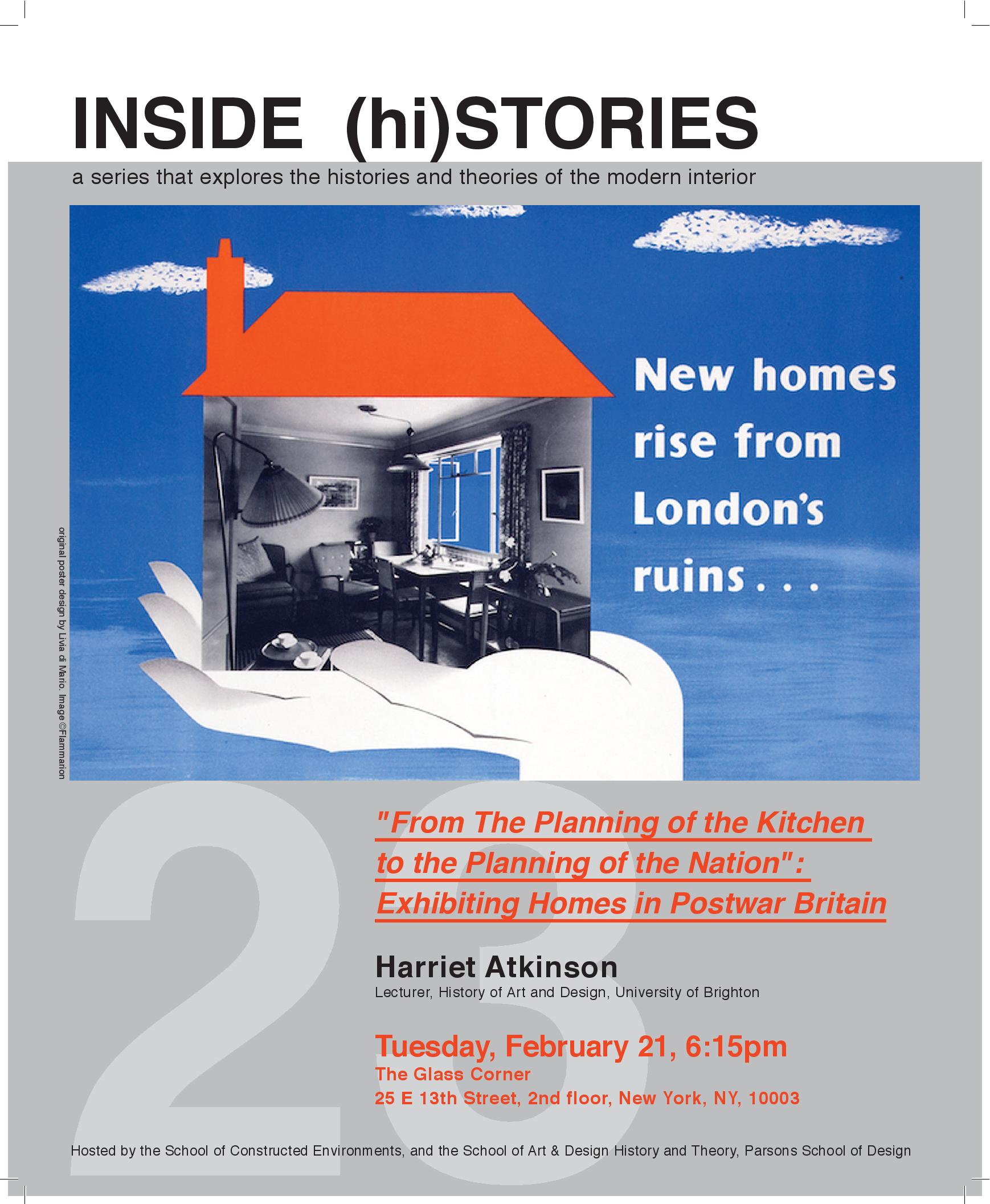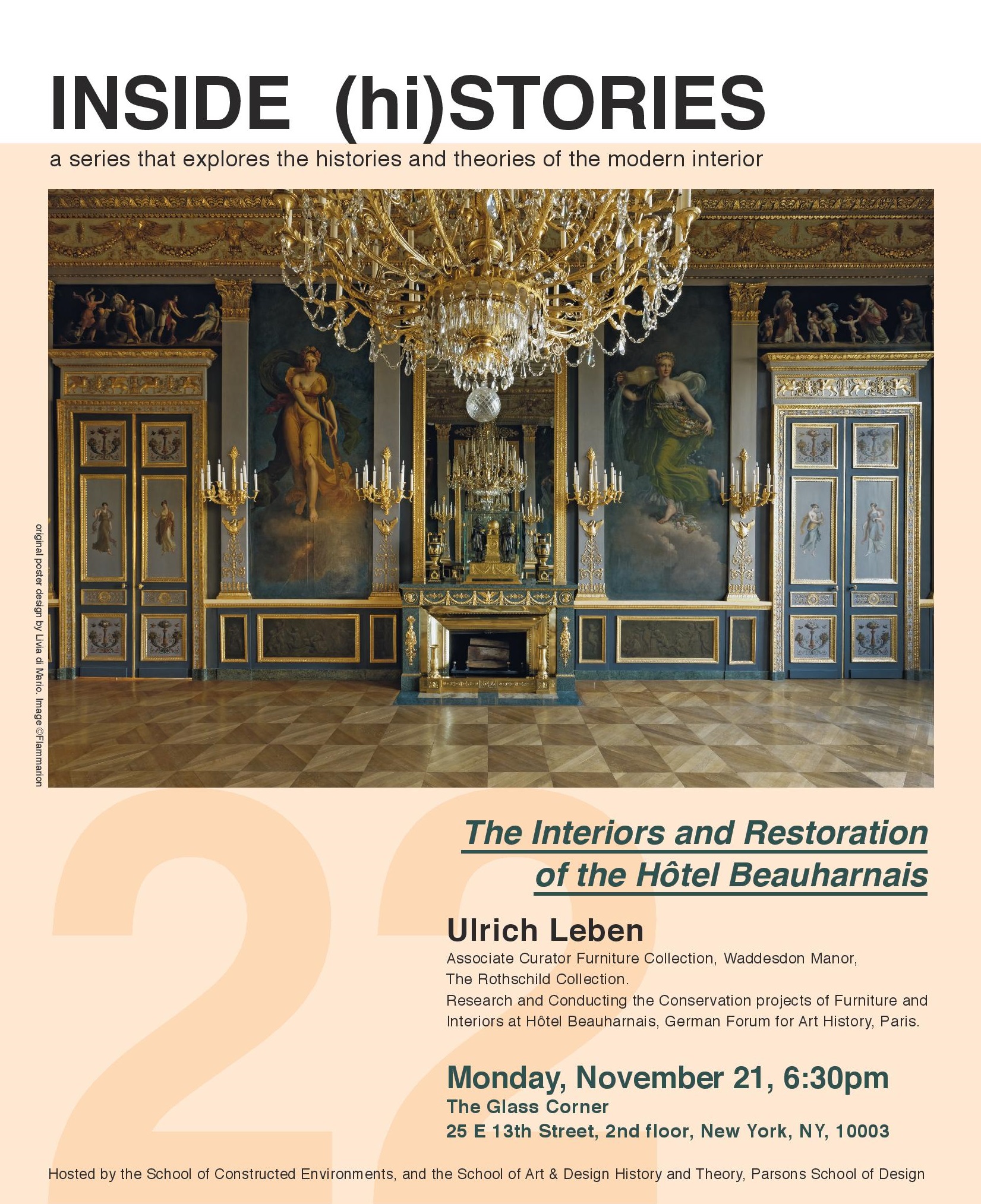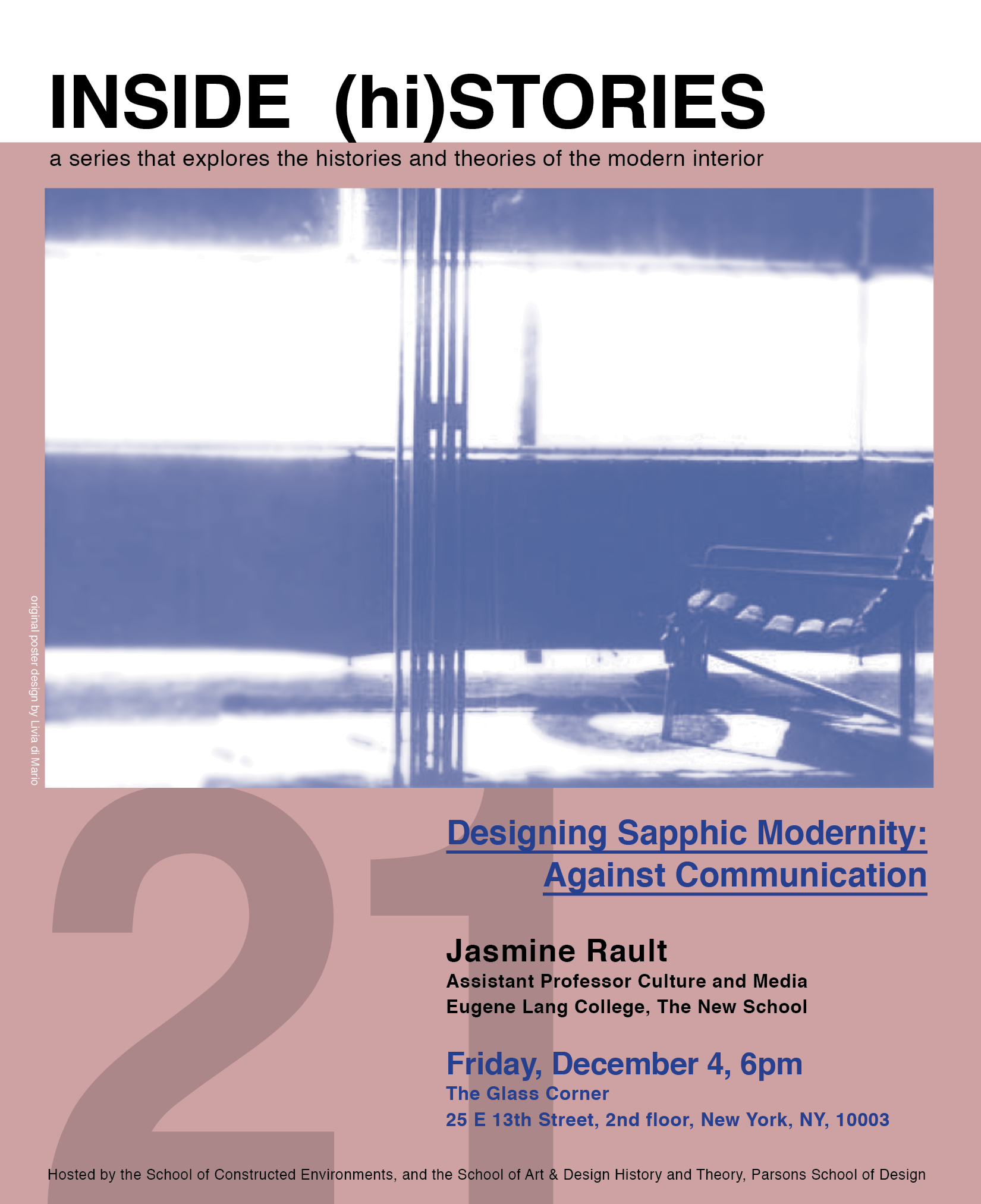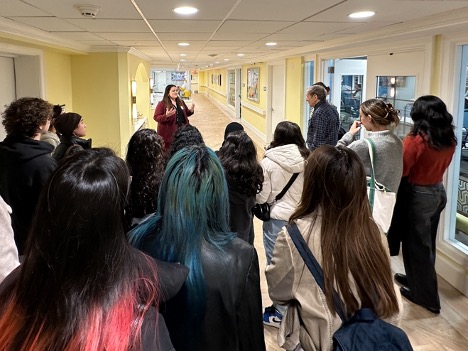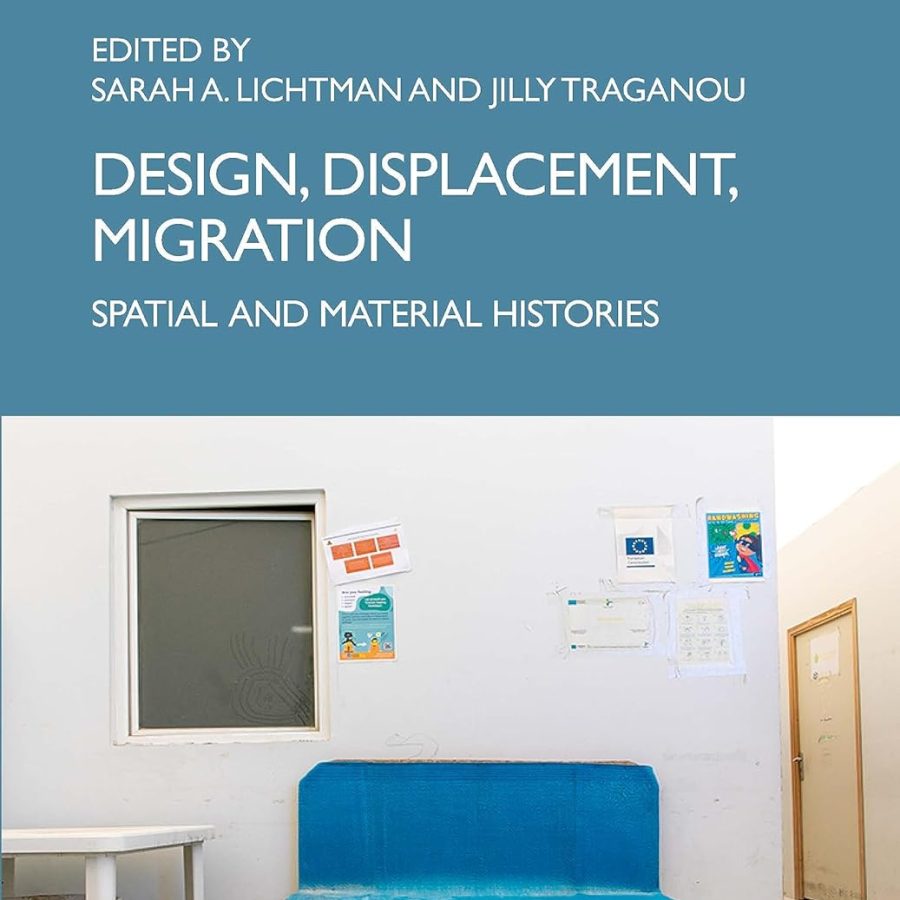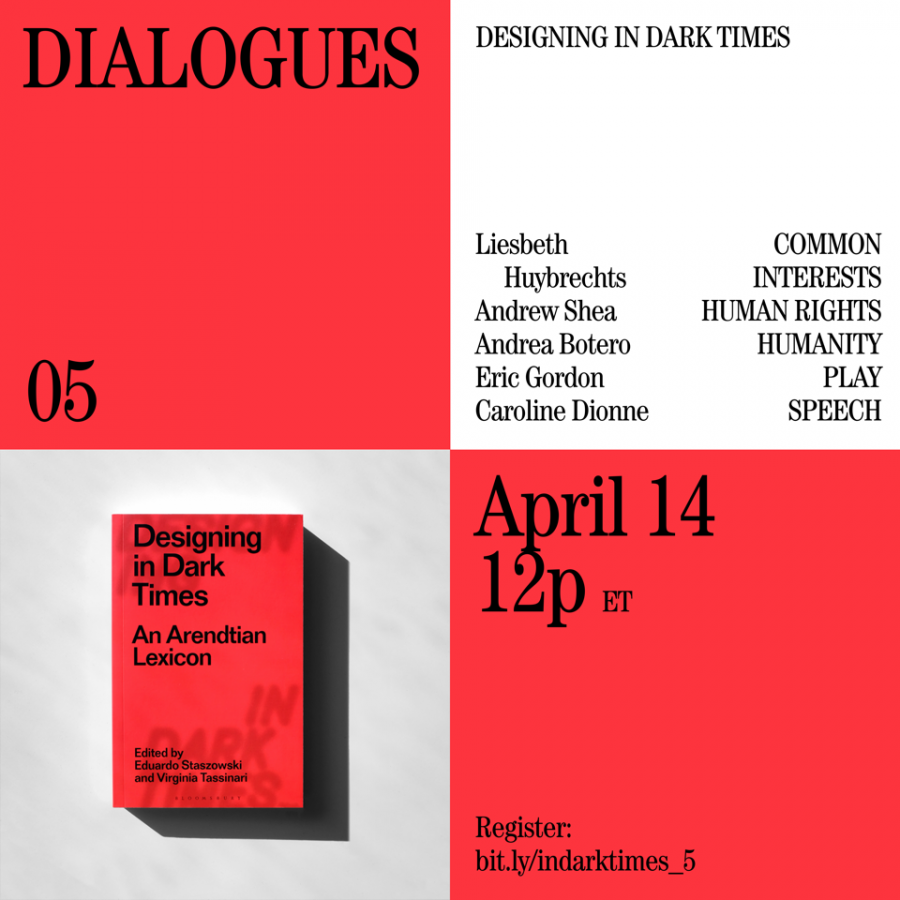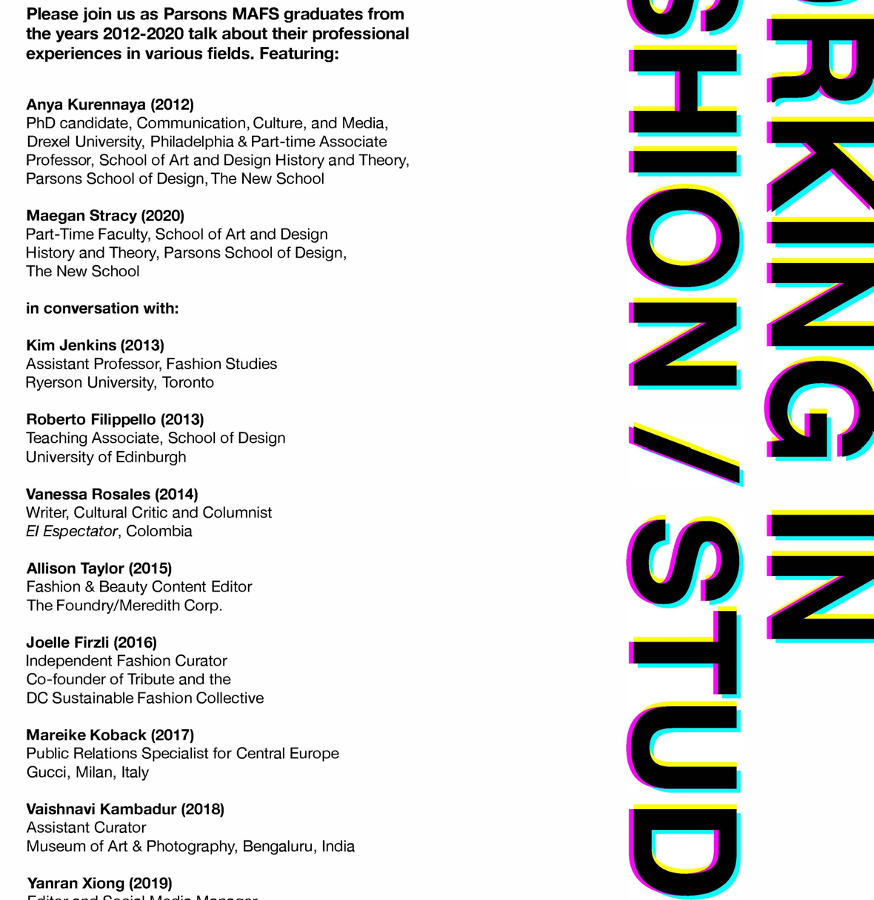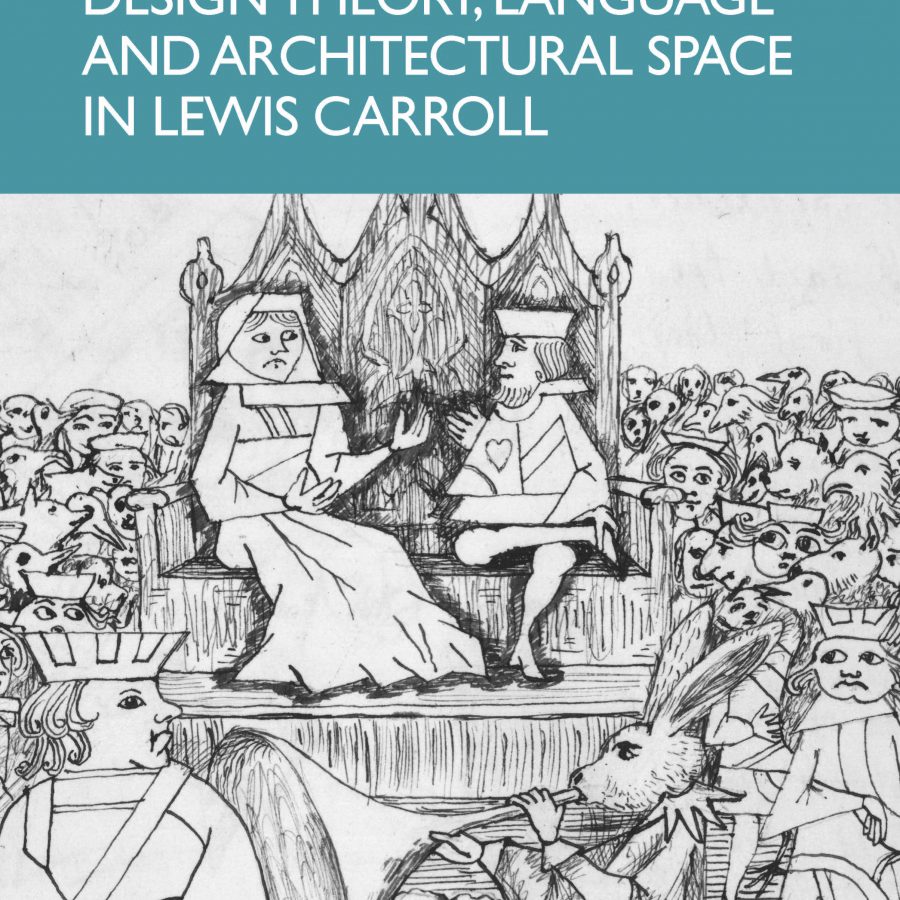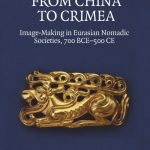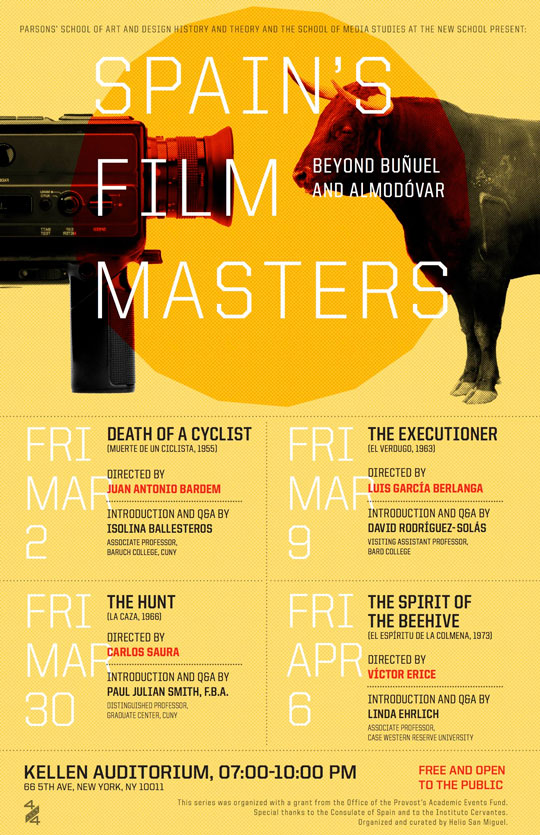KELLEN AUDITORIUM, 7:00-10:00 PM
THE NEW SCHOOL
66 Fifth Avenue (between 12th St. and 13th St.)
New York, NY 10011
This film series showcases four masterpieces directed by Spain’s best and most internationally acclaimed filmmakers. These movies won top awards in the most prestigious film festivals (Cannes, Venice, Berlin, San Sebastián), and have become timeless classics that address universal issues that still resonate loudly.
Spain is today, with a yearly output of around 200 features, one of the top ten film producing countries in the world, and its cinema, led by the international success of Pedro Almodóvar, is perceived as one of the most vibrant and daring.
However, the cinema from the 1950s to 1975 (the year of Franco’s death), made under repressive and turbulent political and social conditions, and within an undeveloped film industry, remains much underappreciated outside circles of critics and scholars, despite the astonishing quality of the best movies and filmmakers. Their work signaled the rebirth of Spanish cinema after the Civil War, defied and circumvented censorship, and planted the seeds, aesthetically, politically and even industrially, of the ensuing creative explosions from the late 1970s up to now.
Each screening is free and open to the public and will have a brief introduction and discussion with a prominent scholar.
FILMS:
-FRIDAY, MARCH 2: DEATH OF A CYCLIST (La muerte de un ciclista, Juan Antonio Bardem, 1955). Introduction and Q&A by Isolina Ballesteros, Associate Professor, Baruch College, CUNY.
DEATH OF A CYCLIST is a groundbreaking and seminal movie that won the prestigious Critics Award at the Cannes Film Festival, a first for Spain. A clever film that through the unexpected consequences of a traffic accident, deals with intellectual repression, corruption, and a scathing depiction of a privileged upper class.
-FRIDAY, MARCH 9: THE EXECUTIONER (Luis García Berlanga, 1963). Introduction and Q&A by David Rodríguez-Solás, Visiting Assistant Professor, Bard College.
THE EXECUTIONER was voted the second best Spanish movie (after Buñuel’s Viridiana) and nominated for an Oscar for best foreign language film. It also won the prestigious Critics Award at the Venice Film Festival. A prime example of Berlanga’s personal style, this movie is a hilarious black comedy that addresses the issue of death penalty and depicts the living conditions in Spain through the tribulations of a retiring executioner and his family.
-FRIDAY, MARCH 30: THE HUNT (La caza, Carlos Saura, 1966). Introduction and Q&A by Paul Julian Smith, F.B.A., Distinguished Professor, Graduate Center, CUNY.
THE HUNT won the Silver Bear for best director at the Berlin Film Festival. A film rich in symbolism, in which a hunting day serves as an exploration of class relations and generational conflicts, as well as a metaphor of war, brutality, and power.
FRIDAY, APRIL 6: THE SPIRIT OF THE BEEHIVE (El espíritu de la colmena, Víctor Erice, 1973). Introduction and Q&A by Linda Ehrlich, Associate Professor, Case Western Reserve University.
THE SPIRIT OF THE BEEHIVE was voted the third best Spanish movie, and won the Golden Seashell at the San Sebastián Film Festival. It addresses issues of internal exile, intellectual sterility, emotional isolation, and family relationships, through the eyes of a child fascinated with Frankenstein. An utterly poetic movie of spellbinding power that established Erice as one of the most sensitive filmmakers in Europe.
Organized and curated by film scholar Helio San Miguel.

